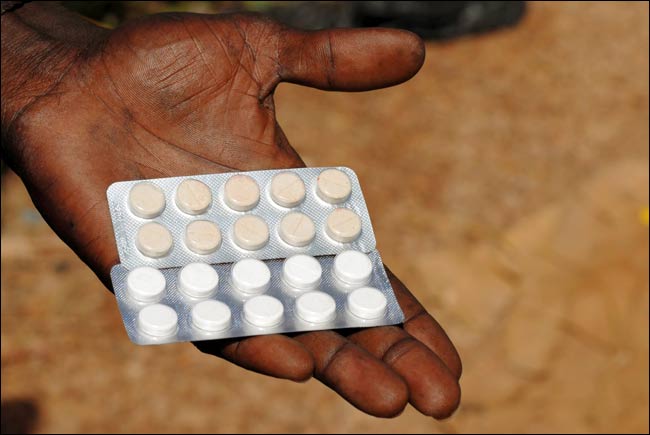
This blogger has inadvertently stirred a heated debate on social media involving health activists who are actively engaging the government to review Kenya’s Anti-Counterfeit Act. This blogger alerted the twitter accounts of Aids Law Project (ALP), the Anti-Counterfeit Agency (ACA) and the CEO of ACA to an article published on the CIPIT blog by Paul Ogendi – Deputy Director at ALP. In this article ALP raised concerns on the goverment’s implementation of the High Court’s judgment in Patricia Asero Ochieng & 2 Others vs Attorney General. This landmark decision declared the Anti-Counterfeit Act unconstitutional because of its provisions affecting access to essential medicines including generics. In his twitter response, Stephen Mallowah the ACA CEO stated as follows:-
@vcnzm @aidslawprojec @wordpressdotcom I suppose the issue of the absurdity of criminal enforcement of patents got lost along the way
— stephen mallowah (@smallowah) October 2, 2013
@vcnzm @aidslawproject @ACAKenya ACA has to look beyond wedge issues. Wider policy agenda for economic development. Pity NGOs don't listen
— stephen mallowah (@smallowah) October 2, 2013
These responses by the ACA sparked off a spirited twitter campaign under the hashtag #TellACABoss where various health activists reaffirmed that the constitutional rights of people living with and affected by HIV, TB and Malaria remain threatened unless the Anti-Counterfeit Act is reviewed particularly section 2 which defines “counterfeit”.
#TellACABoss the High Court and not NGOs declared the Anti-Counterfeit Act unconstitutional cc @aidslawproject @KatindiMelba @paulogendi
— Terry Rotich Katisya (@Terry_Rotich) October 3, 2013
#TellACABoss that essential medicines are not luxuries @Terry_Rotich @KatindiMelba @IPKenya @vcnzm
— Paul Ogendi, PhD (@paulogendi) October 3, 2013
The position of the health activists is that the government has failed to acknowledge and specifically exempt generic drugs and medicines from the definition of counterfeit goods under section 2 of the Act. Therefore this broadly worded definition includes generic drugs thereby effectively prohibiting importation and manufacture of generics in Kenya. According to the health activists, the Act deems generic drugs and medication to be deemed counterfeit goods and therefore liable to seizure at any time
by ACA inspectors.
However ACA claims that this judgment by Justice Mumbi Ngugi is a judgment in vain as the mischief adjudicated upon has never happened and never will. The ACA is categorical that there have been no seizures of generic drugs anywhere in Kenya. In his twitter response to the #TellACABoss tweets, Mallowah tweeted:
@Terry_Rotich @paulogendi @KatindiMelba @IPKenya masterclass on logical fallacies in 140 characters required! ACA DOES NOT ENFORCE PATENTS!
— stephen mallowah (@smallowah) October 3, 2013
The ACA boss does have a point: ACA operates in the trademarks space and can only enforce trademarks where a formal complaint has been made by the registered owner. From a policy perspective, both ACA and the health activists seem to be in agreement that the Act is not working for various reasons all of which require that the Act be amended. Therefore it appears that the review meeting was ACA’s way of getting stakeholders’ views and proposals on possible amendments to the Act. This blogger does not envy ACA’s position as it contends with diverging views from health activists as well as the pharmaceutical industry, the Kenya Association of Manufacturers and other interested parties.